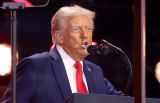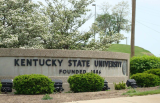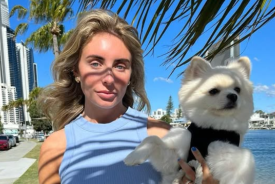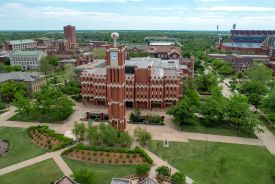A conglomerate of officials from major universities sent a memo on Thursday to the NCAA requesting harsher penalties and greater restrictions on sports agents, according to the Associated Press. Sixty five schools signed the letter.
Five trusted agents certified by the NFL players association helped write it - who better to close loopholes then the class of perpetrators themselves?
The cracking down on sports agents comes in the wake of the North Carolina football scandal dating back to 2010, reported the AP. Agent Terry Watson and a UNC tutor gave players money as incentive for them to sign with him when they went pro. Watson appeared in court on Wednesday against 13 counts of athlete-agent inducement and one count of obstruction of justice, according to ABC News.
Sports agents must abide by the Uniform Athletes Agents Act, which many schools believe allows agents to skirt the rules and potentially incriminate players, according to the AP.
Schools like Arkansas, Florida, Notre Dame, Oklahoma State, Oregon, Stanford and Texas A&M wanted to broaden the scope of the act to include agents, runners, financial advisers, marketers or "anyone else who tries to sign athletes or provide gifts that jeopardize their eligibility," the AP reported.
Once a greater number of agents and the like are subject to the Uniform athletes Agents Act, school officials requested a tougher registration process.
When an agent breaks a rule, universities asked for harsher fines ($100,000 or more) and criminal prosecution, the AP reported.
"I think there are some things that are such clearly egregious and fraudulent violations that it should be more than an NCAA violation," Jim Woodall, the Orange County district attorney. "It should be a criminal violation."
The memo also asked for a better system to track agents and their communications with athletes.
"As we've seen over the years, there are a decent number of people out there that don't play by the rules," said Paul Pogge, an associate athletic director at North Carolina and one memo's co-authors."The more entities and individuals we can have working together to protect the student-athletes, the institutions and the professional representatives who do play by the rules, I think that benefits all of us."
A committee will meet Oct. 25 and 26 in Chicago to discuss potential changes to the act.
© 2025 University Herald, All rights reserved. Do not reproduce without permission.








